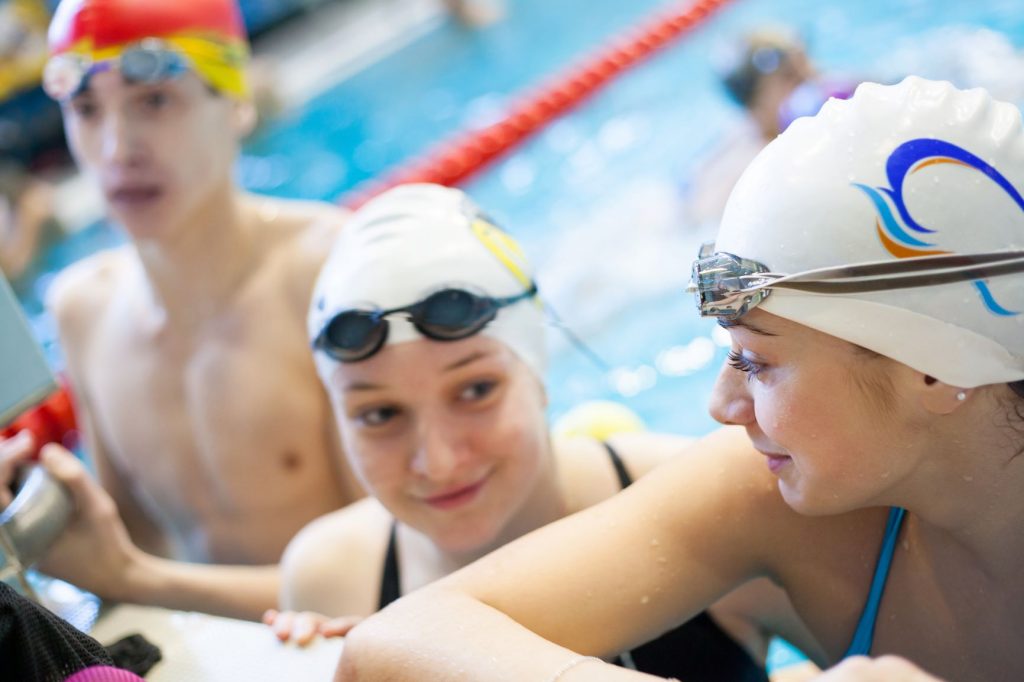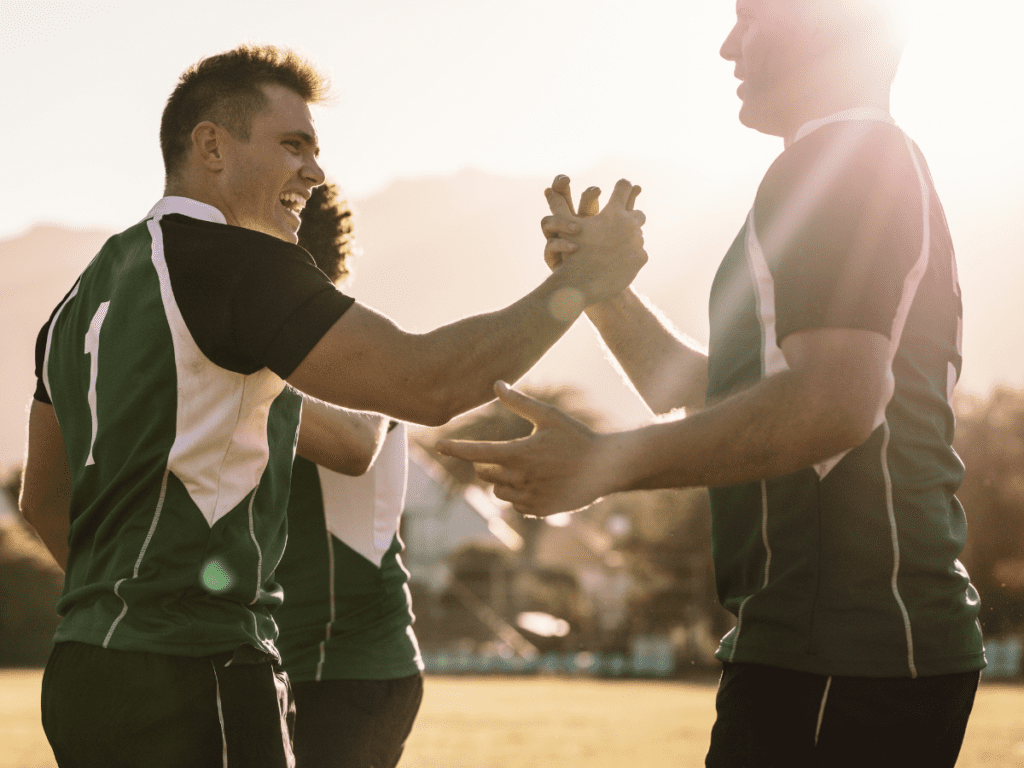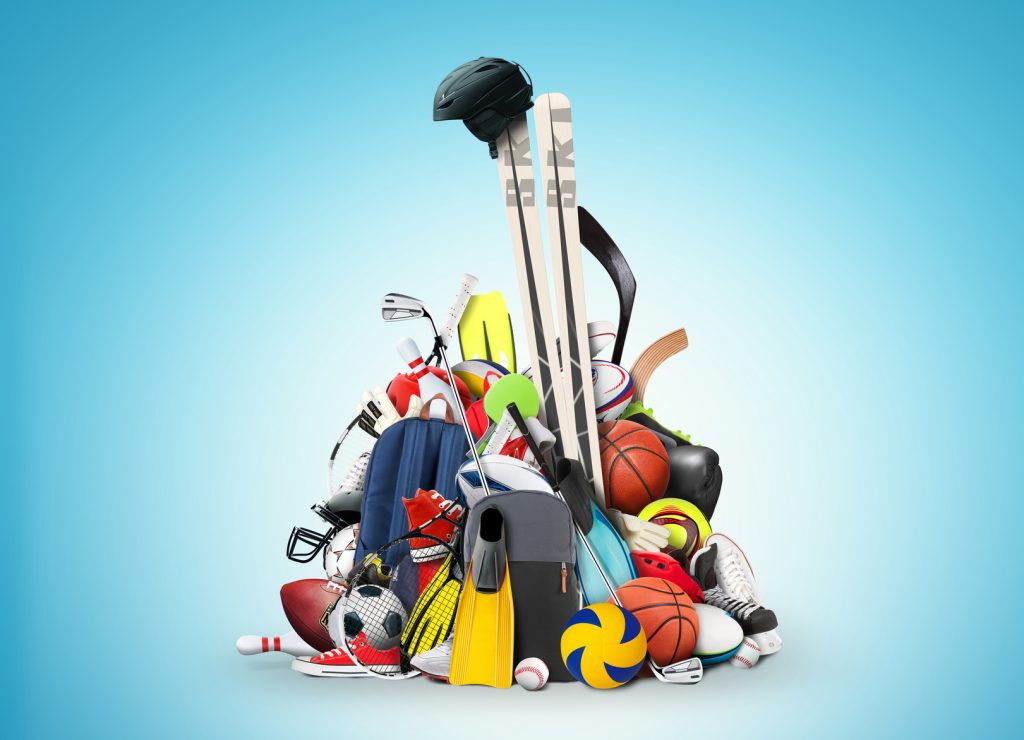Outdoor Play
Outdoor play is a basic childhood need, and taking risks is an essential part of play. Whether sledding down a hill, building a snow fort, or playing pond hockey, children are often happiest when playing, and this type of risky play contributes to children’s health, development and wellbeing. Unfortunately, research indicates only 37% of children play…
RAE Impacts
The “relative age effect” (RAE) advantages relatively older individuals in an age group while disadvantaging the relatively youngest. This age inequality can have significant impacts on sport and educational performance, and long-term health and wellbeing. Learn more in the SIRCuit.
Life Skills Blog
Sport is often celebrated as a platform through which to develop life skills, such as communication, teamwork, and respect. Approaches to develop these skills are either implicit – where the inherent dynamics of sport provide opportunities for practicing life skills; or explicit – where intentional design provides opportunities to practice life skills. Learn more in…
Teaching Life Skills Through Sport

This blog is the second in a series by the authors on positive youth development in sport. If this is your first visit to this series, considering taking a few minutes to read the other two posts: Tips on How to Deliver a Quality Youth Sport Program and Supporting the Transfer and Application of Life…
Responsible Coaching Movement
Coaches have a responsibility to provide a safe environment for their athletes. Parents have the right to speak with the coach or the coach’s employer if they have questions or concerns about interactions with their child. Learn more about the Responsible Coaching Movement, a collaboration between the Coaching Association of Canada (CAC) and the Canadian…
Values As A Road Map
“Values-based sport” is an approach that helps to establish an optimal environment that encourages the growth and development of athletes through sport. Explore how to use values as a road map to creating welcoming, safe, athlete-centred environments in the SIRCuit.
Coming of Age With Relative Age Research: Origins, Consequences, and Potential Solutions
On October 17, 2018, Relative Age Effects: An International Conference was hosted at York University where leading international scholars gathered to discuss the implications of athletes’ dates of birth on sport, health, and education. This article highlights the history of the phenomenon known as the “relative age effect” as well as its impact on sport,…
Changing the Culture of Hazing in Canada

Allegations emerging in media reports from Toronto’s St. Michael’s College in the fall of 2018 have made hazing top of mind for athletic staff at Canada’s secondary and post-secondary education institutions. Unfortunately, it is not an isolated event. Reports of hazing have emerged from a number of Canadian institutions in the past decade, including Laurentian…
Putting Multi-sport into Practice
Is there a future for kids’ multi-sport programming in Canada? This was the question during an interactive panel presentation at the 2018 Petro-Canada Sport Leadership Conference. Learn more about the discussion in today’s SIRC blog, the last in a series about the value and possibility of a multi-sport approach to sport and physical activity in…
Putting Multi-sport into Practice

The Coaching Association of Canada’s 2018 Petro-Canada Sport Leadership Conference focused on fostering positive change in the sport system through influence. One panel discussion attracted attention with the simple question: Is there a future for multi-sport in Canada? Led by an expert panel that included Carolyn Townsend (Sport Nova Scotia), André Lachance (Baseball Canada), Richard…